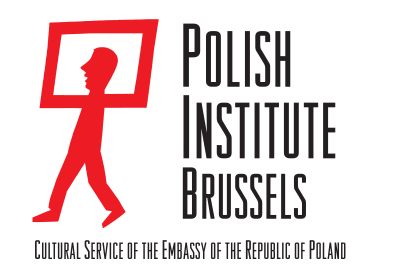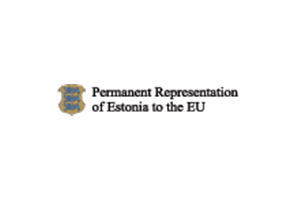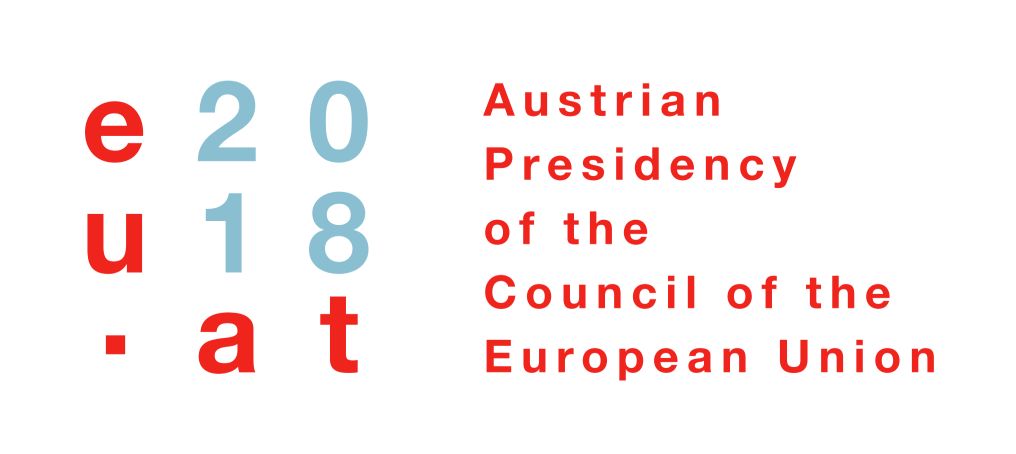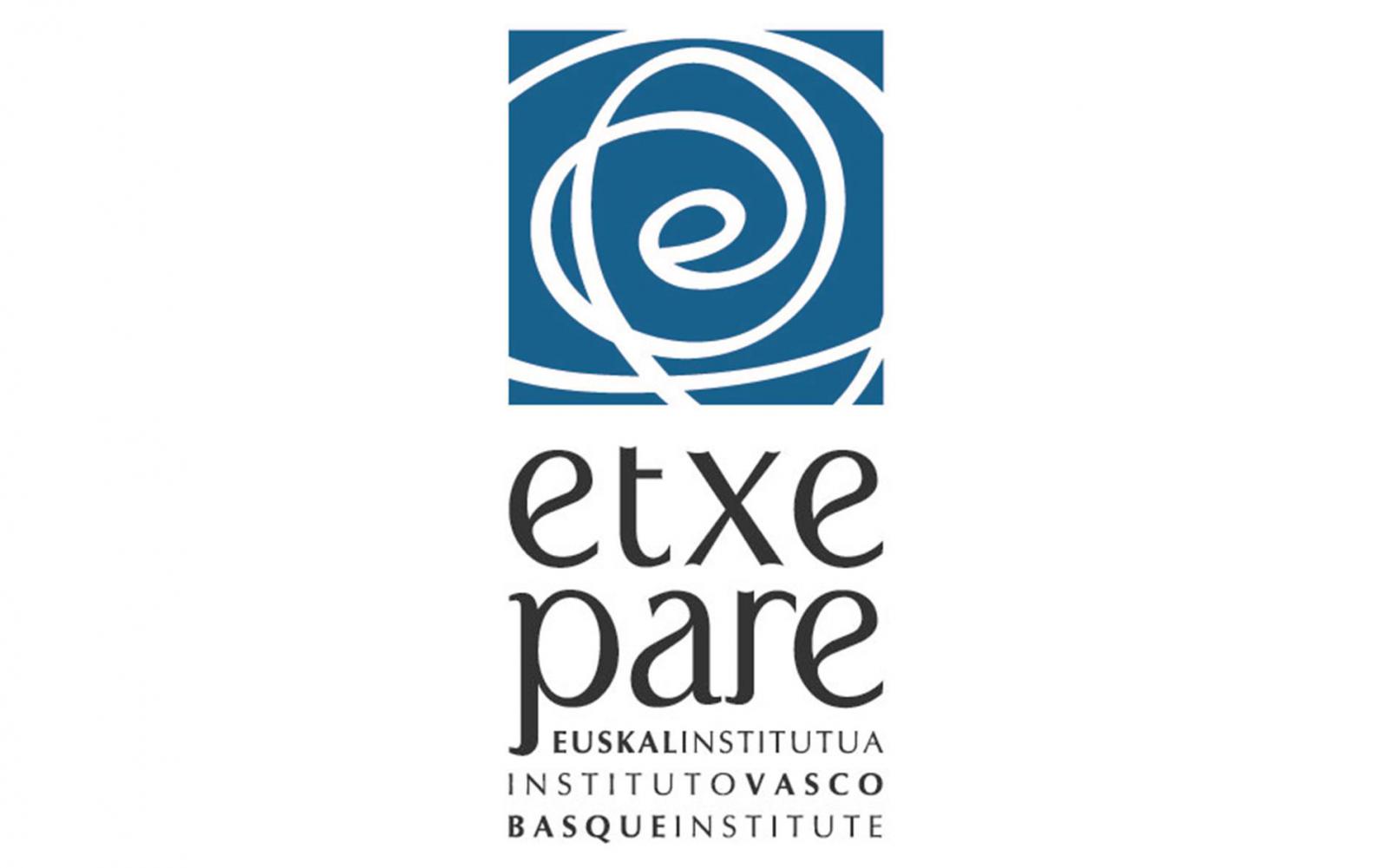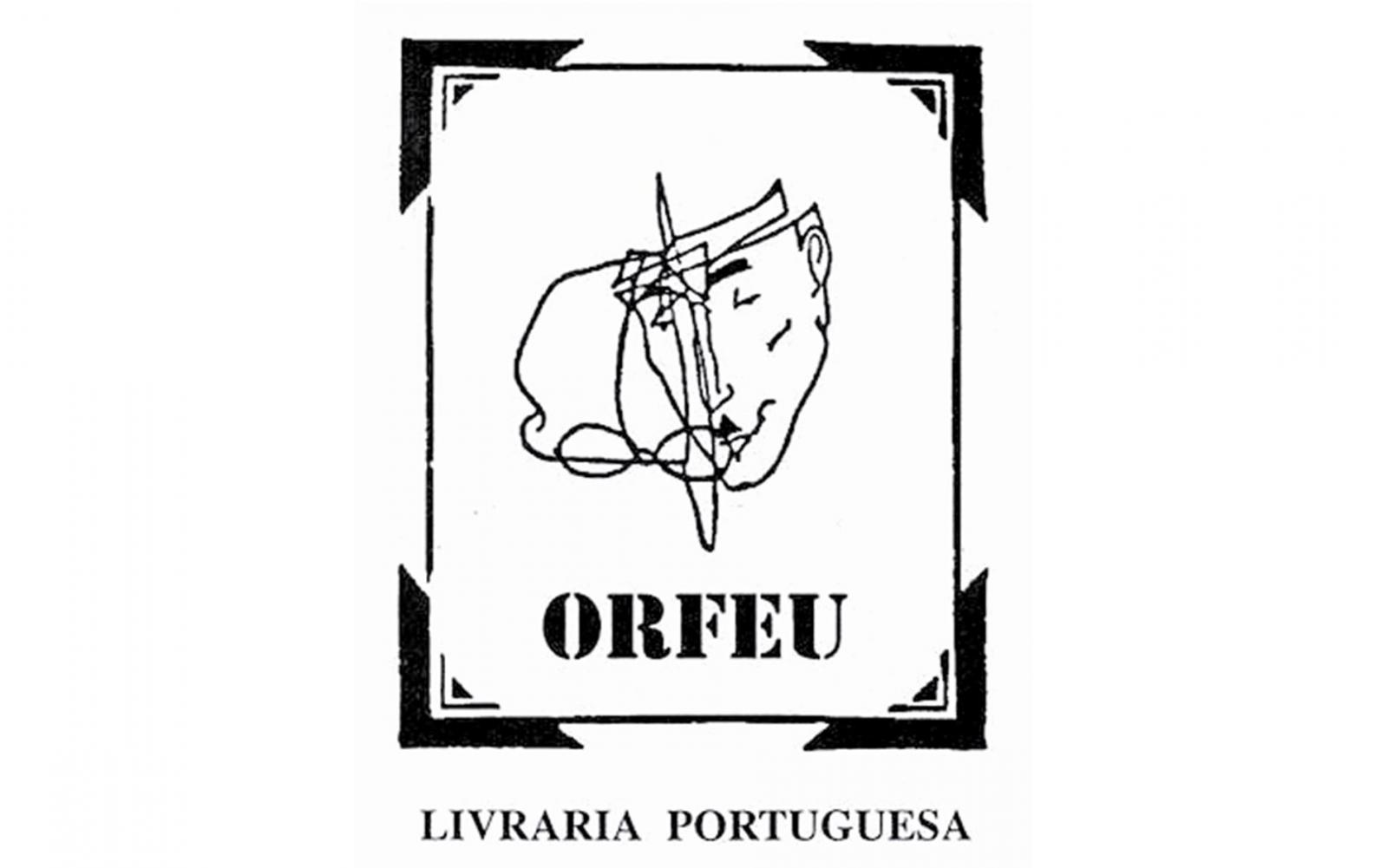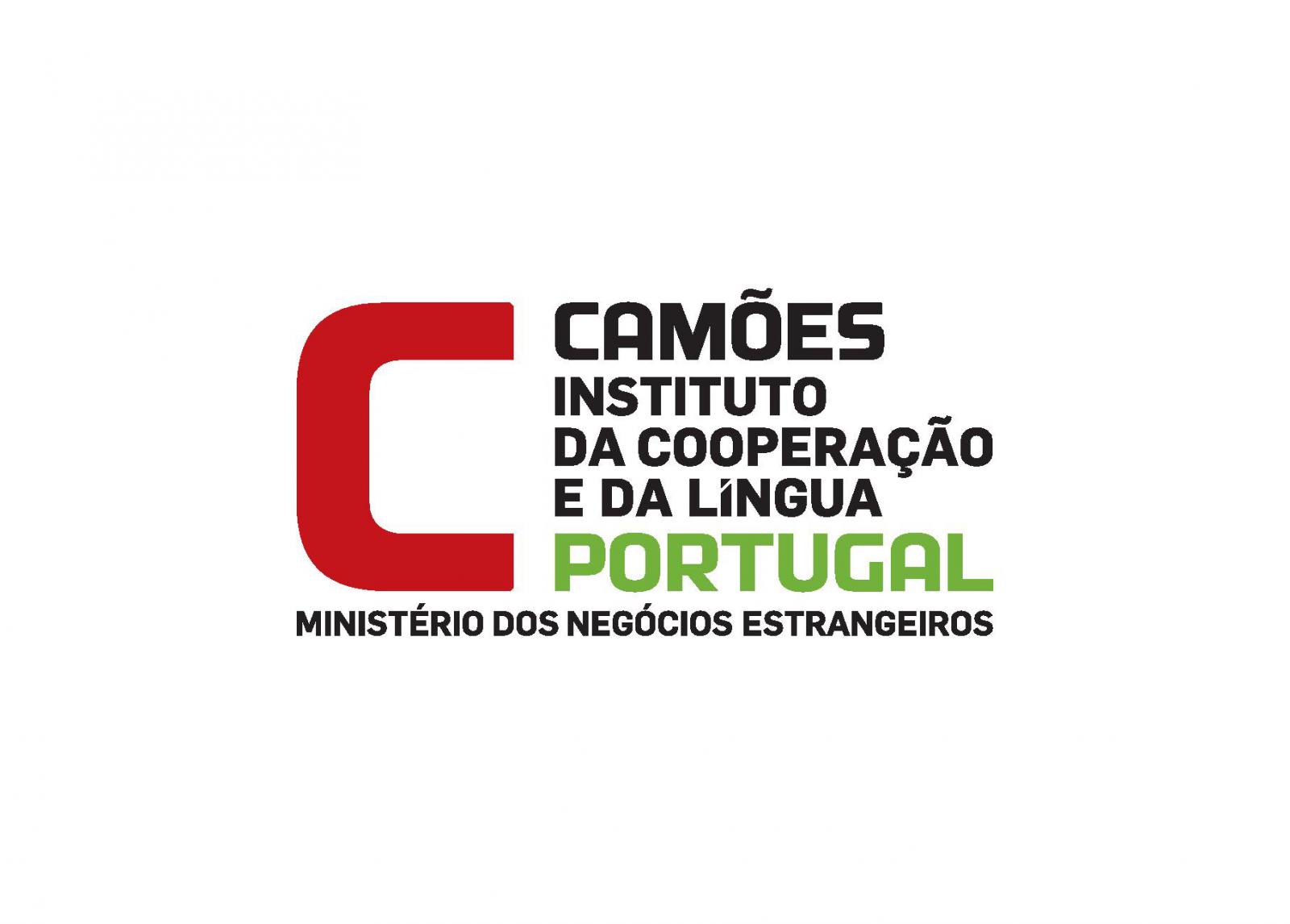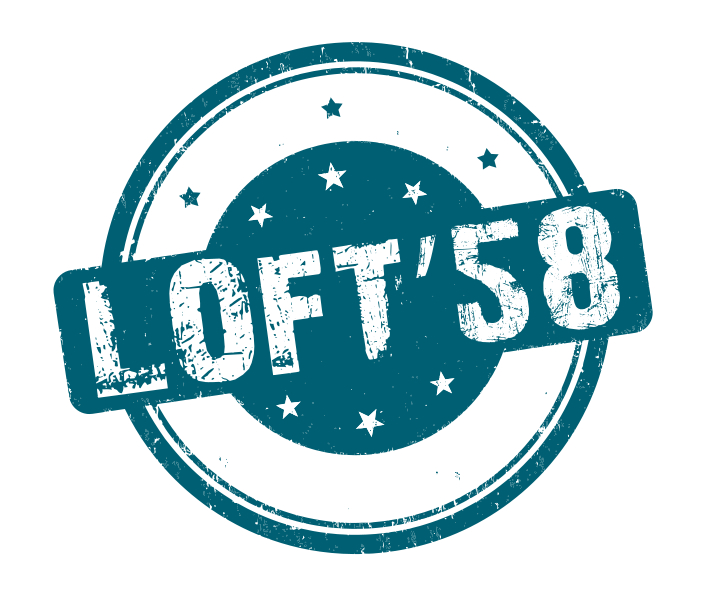Find a poem
Latest updates
-
TRANSPOESIE 2025
09/24/2025 -
Transpoesie 2025 - Programme
09/24/2025 -
Transpoesie 2025 - Open Call
04/16/2025
Savaş zamanı
Savaş zamanı
İçimden konuşurdum işitilmesin diye
gören de bilgelik sezerdi sessizliğimden!
Gizlenmesi gerekirdi çünkü tehlikeliydi Türkçe
Elence desen kesinkes yasak.
Tetikte beklerdi birer makineli-tüfek gibi
beni kurtarmak isteyen büyükler
zaten o zamanlar gönüllü askerdi herkes.
Ve ders kitaplarının ince bıçak açacağına benzeyen
İngilizce, ortada dururdu öyle,
zorunlu durumlarda konuşulacak bir dil olarak
özellikle de Elenler ile.
Hangi dilde ağlayacağımı bile şaşırırdım çoğu kez
yabancı da değil, çeviri bir hayattı yaşadığım
anadilim başkaydı, anavatanım başka
ben derseniz bambaşka.
Daha o karartma günlerinden görünmüştü
hiçbir ülkenin şairi olamayacağım
çünkü azınlıktım ve ‘özgürlük’
hiçbir ulusal sözlüğe sığamayan bir sözcüktü...
En sonunda üç dil birbirine girdi şiirlerimde
ne Türkler duyabildi içimden geçenleri
ne Elenler, ne de Öbürleri –
Ama kınamıyorum onları, savaş zamanıydı.
Wartime
I used to talk within myself so that no one could hear me,
and they all suspected wisdom in my silence!
Turkish was dangerous, must not be spoken,
and Greek was absolutely forbidden...
My elders who wanted to save me, were waiting,
each one trigger-ready before a machine-gun.
Anyway, everyone was then a willing soldier.
English remained right in the middle,
a slender paper-knife for cutting schoolbooks,
a tongue to be spoken at certain times
especially with the Greeks!
I was often unsure in which language to shed tears,
the life I lived wasn’t foreign, but one of translation –
my mother-tongue one thing, my motherland another,
and I, again, altogether different...
Even in those days of blackouts it became obvious
I could never be the poet of any country,
because I belonged to a minority. And ‘Freedom’s still
a little word uneasy in any nation’s lexicon...
Then in my poems, the three languages got into a wild tangle:
Neither the Turks nor the Greeks
could hear my inner voice, nor the Others...
But I don’t blame them, it was wartime.
Translation: Taner Baybars
Temps de guerre
Je me parlais en moi-même pour qu'on ne m'entende pas
et qui me voyait sentait de la sagesse dans mon silence !
Dissimuler était nécessaire car le turc était dangereux
quant au grec, absolument interdit —
Les grands qui voulaient me sauver
m'attendaient aux aguets comme autant de mitraillettes
en ces temps-là d'ailleurs chacun était un engagé volontaire.
Et, semblable à un mince coupe-papier glissé dans un livre de classe,
l'anglais se dressait au milieu,
comme une langue qui se parlait dans des situations obligatoires
surtout avec les Grecs !
Bien des fois je me suis même trompé : en quelle langue pleurer ?
j'ai mené une existence non pas étrangère, mais traduite
ma langue maternelle était autre, ma patrie autre,
quant à moi, tout autre —
Il était déjà évident d'après ces jours de couvre-feu
que je ne serais le poète d'aucun pays
car j'étais minoritaire. Et "liberté",
était un mot qui n'avait son entrée dans aucun dictionnaire national …
En définitive, trois langues se sont mêlées dans mes poèmes
ni les Turcs n'ont pu ressentir ce que j'éprouve
ni les Grecs, ni d'ailleurs les Autres —
Mais je ne les blâme pas, c'était un temps de guerre.
Traduction : Alain Mascarou
Oorlogstijd
Ik sprak in mezelf om het niet te laten horen
wie mij zag vermoedde wijsheid achter mijn stilte!
Het moest verborgen blijven want Turks was gevaarlijk
En Helleens al helemaal verboden.
met de waakzaamheid van een machinegeweer wachtten ze af
de volwassenen die mij wilden redden
iedereen was in die tijd vrijwillig soldaat.
En het Engels, gelijk het dunne papiermes van onze schoolboeken
stond er verloren bij,
als spreektaal in geval van nood
en dan speciaal met Hellenen.
Meestal wist ik niet eens in welke taal ik moest huilen
wat ik leidde was niet het leven van een vreemde, het was vertaald leven
mijn moedertaal was anders, mijn moederland was anders
en ik was helemaal anders.
Uit die dagen van verduistering was al gebleken
dat ik van geen land de dichter zou kunnen zijn
Want ik behoorde tot een minderheid en “ vrijheid “
was een woord dat in geen nationaal woordenboek paste…
Tenslotte raakten de drie talen slaags in mijn gedichten
Noch de Turken konden aanvoelen wat zich in mij afspeelde
noch de Hellenen, noch de Overigen –
Maar kwalijk nemen kon ik het ze niet, het was oorlogstijd.
Vertaling: Dick Koopman

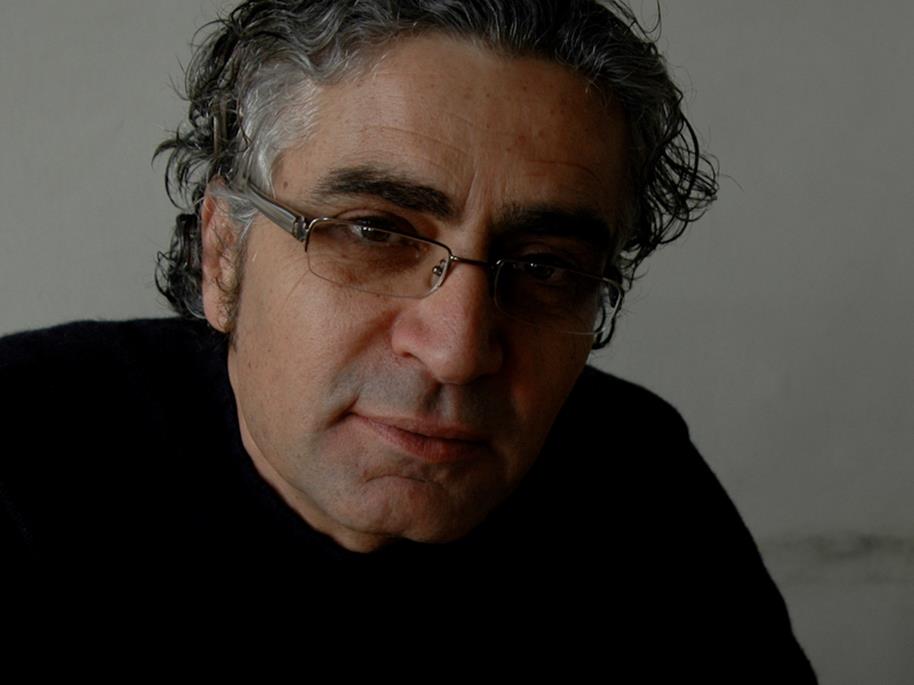
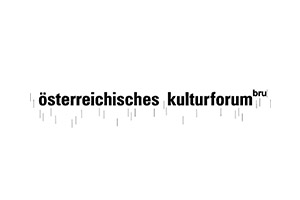
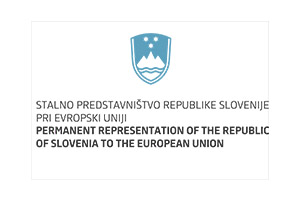


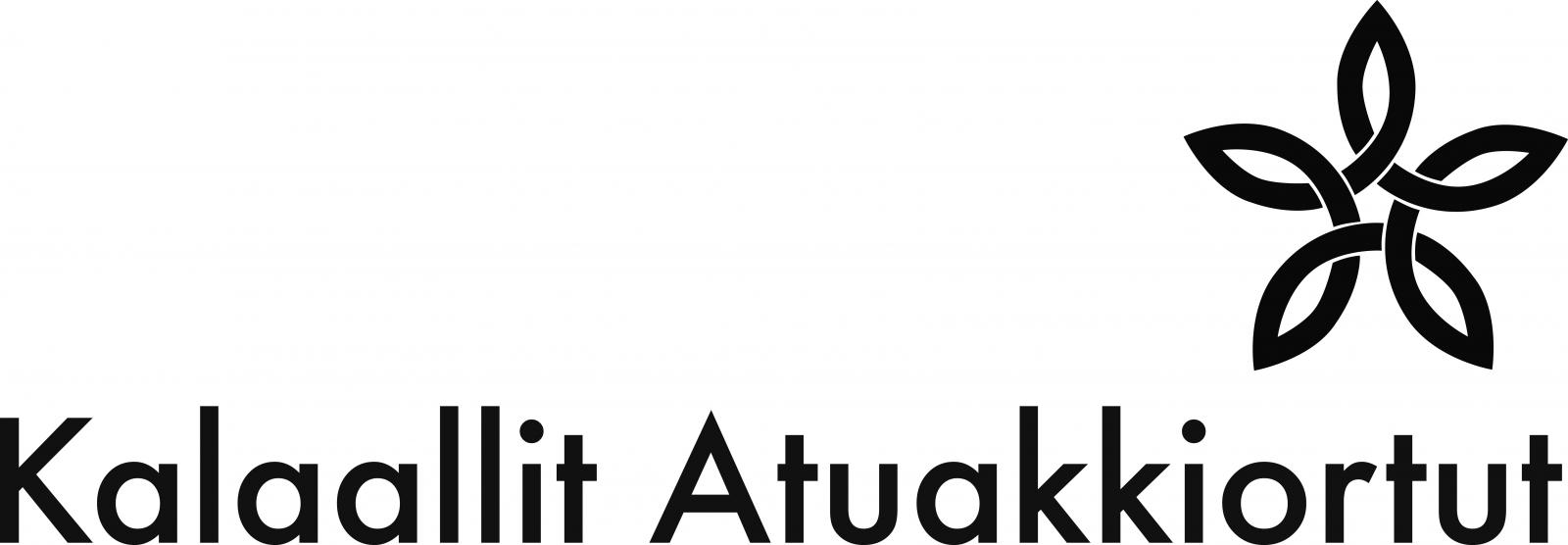
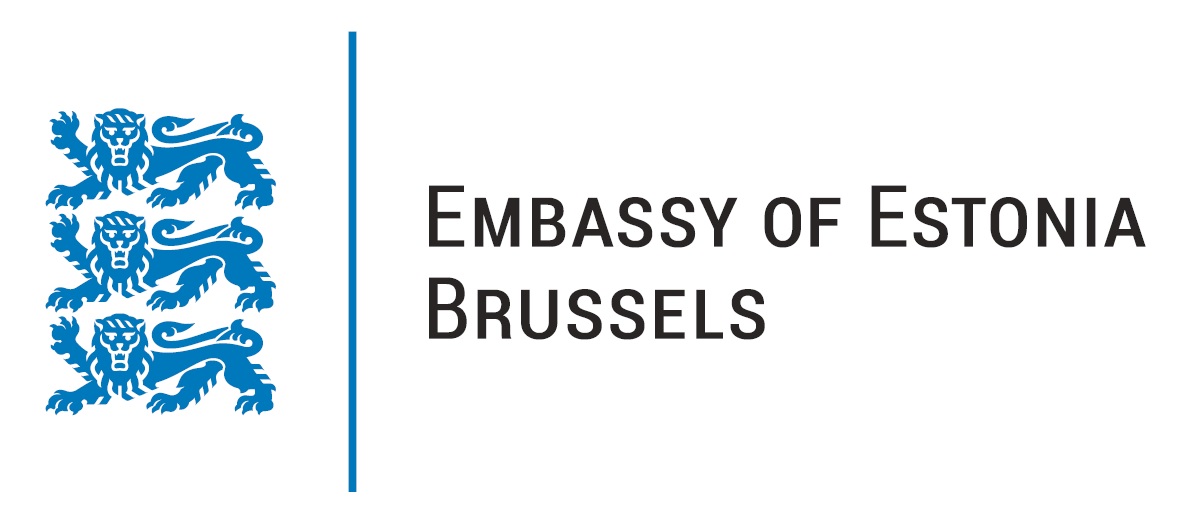
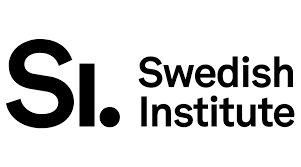
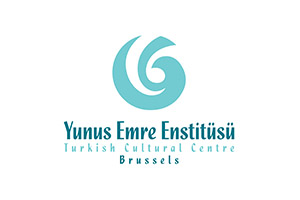

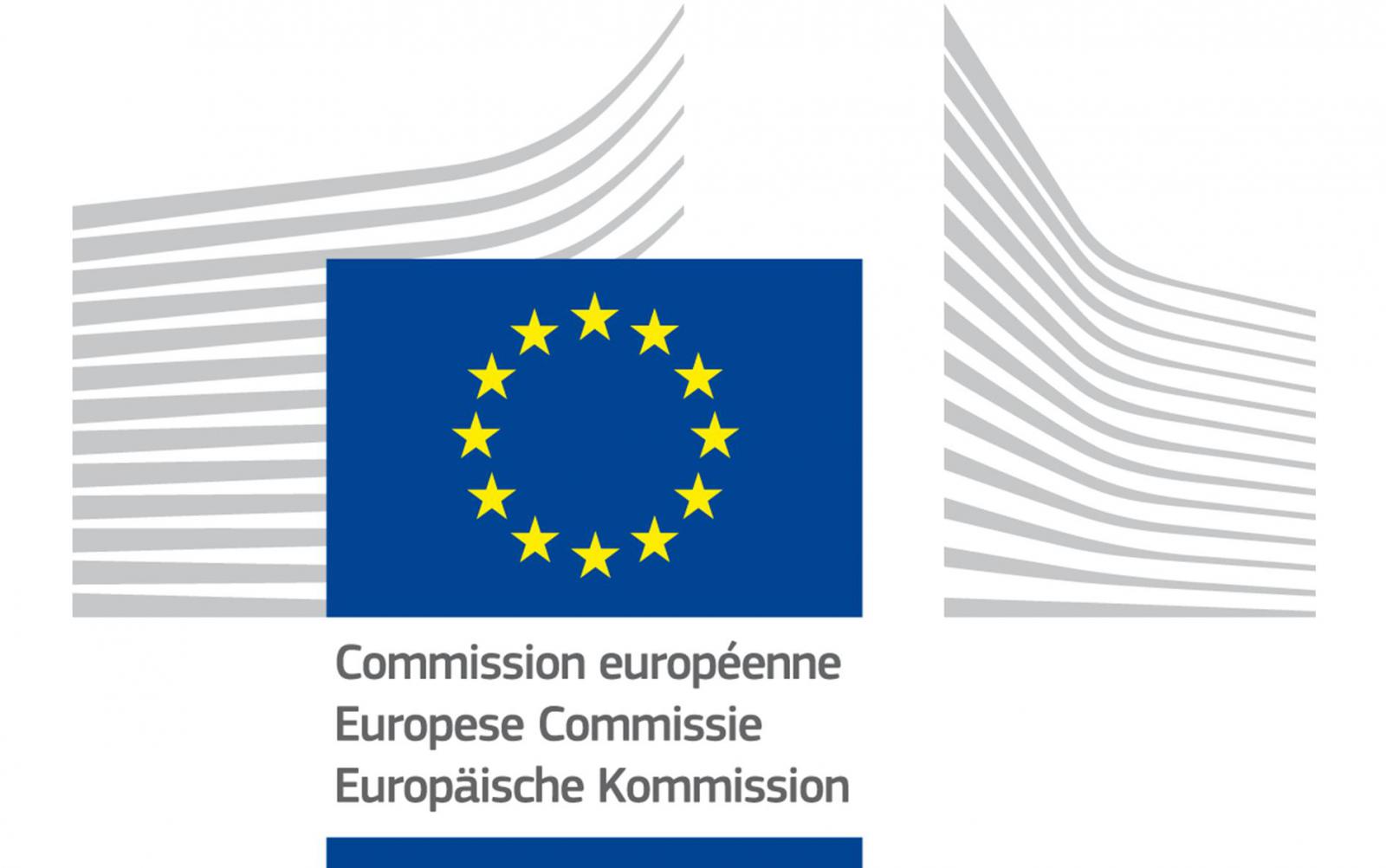

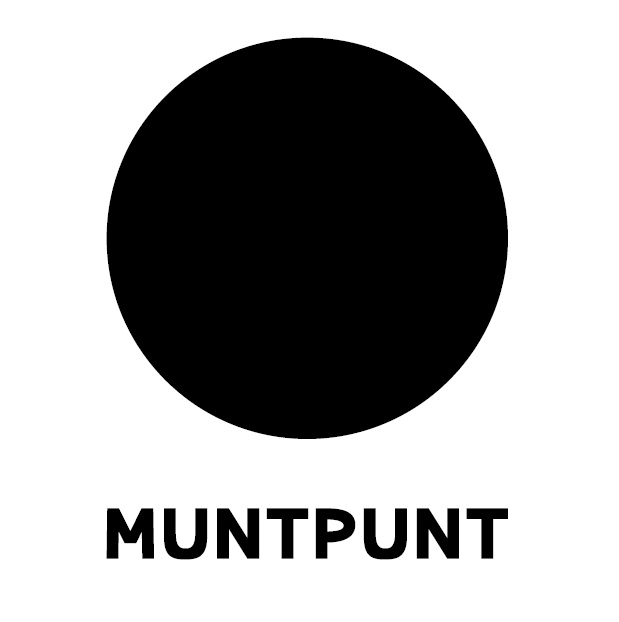

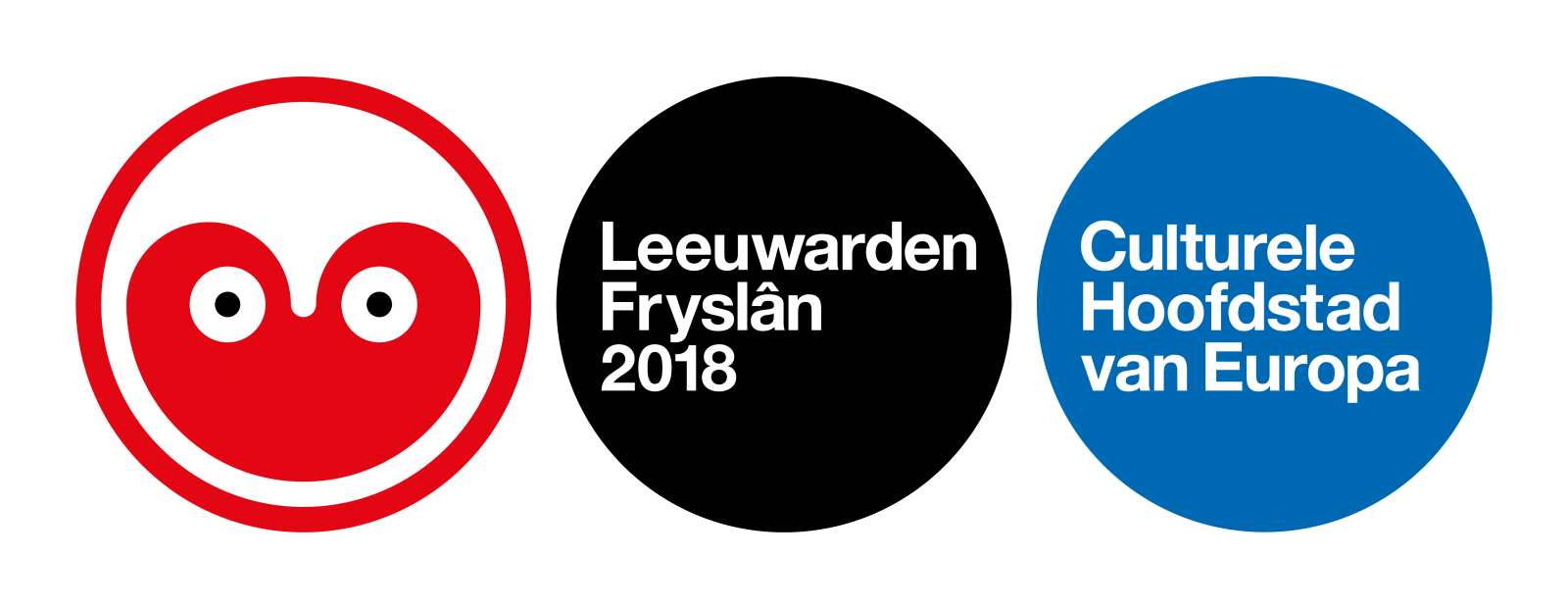

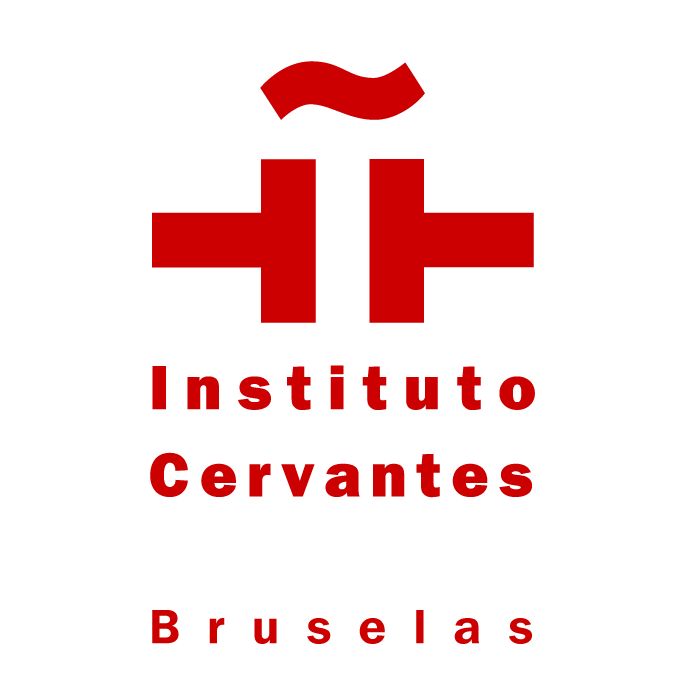
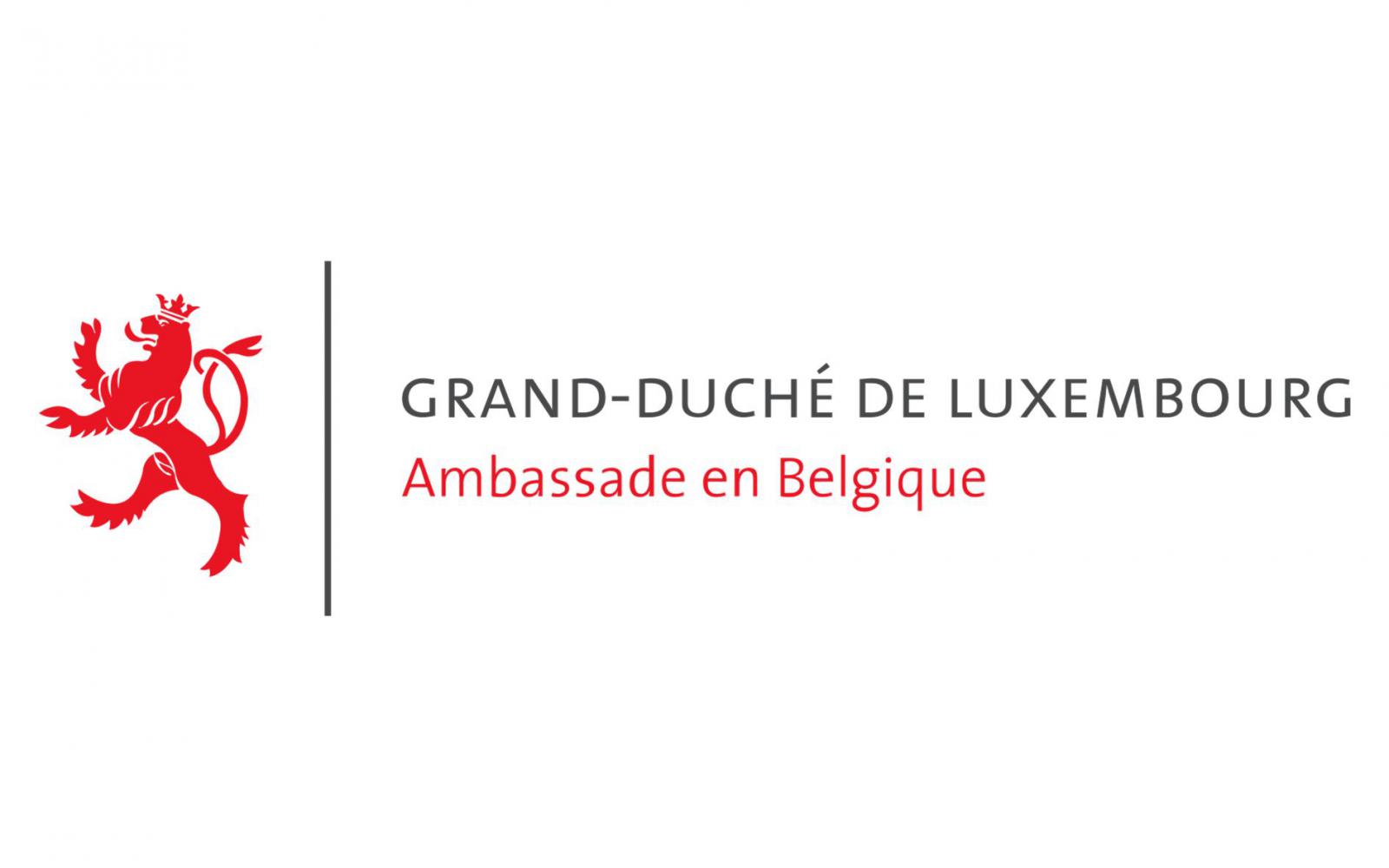

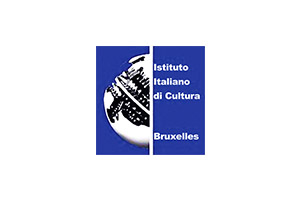
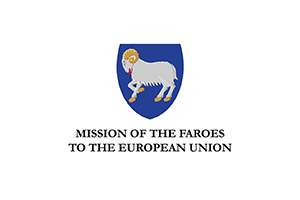
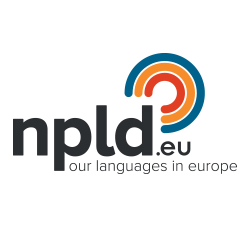
/RO - on the website.png)
